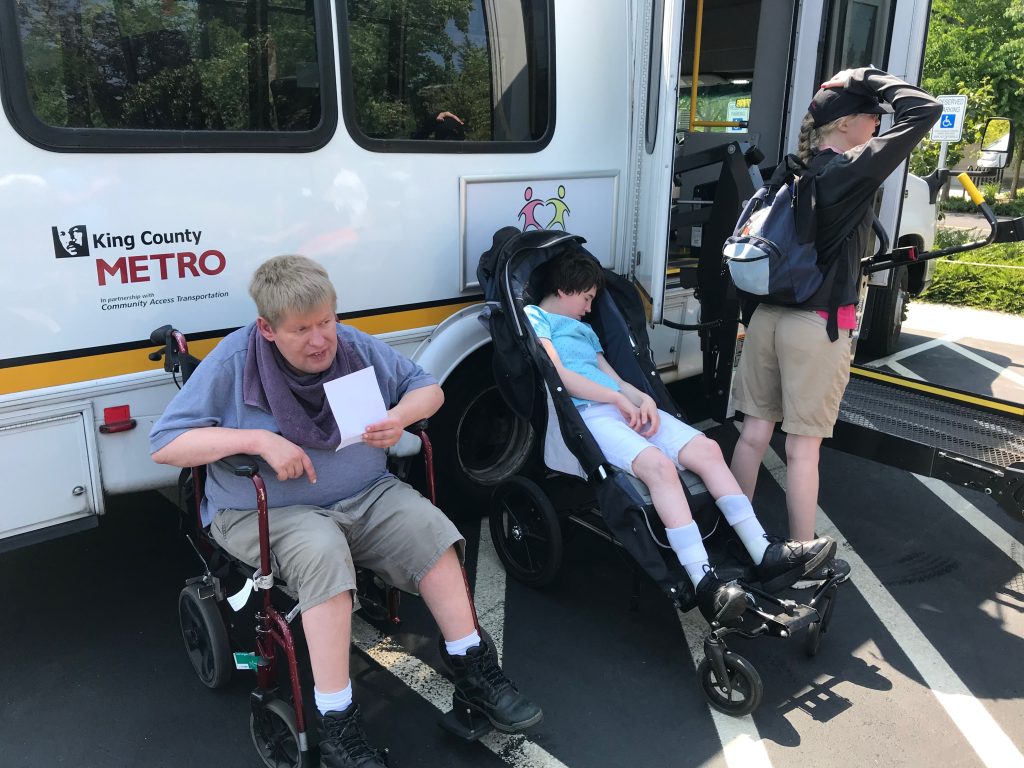Have you ever tried to read the bridge section of the daily newspaper. It’s in the section with the puzzles and comics. Even when I try hard, I can’t envision what is happening. The author uses words that I have heard before, but not in the same context that I understand, so I am lost. These experiences actually have engendered the belief that I wouldn’t ever be able to understand how to play bridge.
The same thing can happen with any new experience. Look at changing medical terms for instance. When someone returns from a doctor appointment and I ask, “What did the doctor say?” Often, I haven’t heard of that particular diagnosis and have to ask questions before I gain understanding concerning what the doctors believe is happening.
You might have noticed that when young children are learning to talk, they call every four-legged animal they see, “cat” or every woman, “mama.” That continues until the child understands the exact meaning of the words they are experimenting with using. We all think that is cute. So why is it not “cute” when an adult is learning new vocabulary with their new experience?
Another difficult situation for many is when common descriptive words change – after you learned them. Humans often shame others because of their lack of current knowledge. For example, over the last 40 years in my experience, the descriptive words have morphed. Speech therapists became CDS’s (Communication Disorder Specialists) then SLP’s (Speech-Language Pathologists). Nick’s fits became grand mal seizures and now they are called generalized tonic-clonic seizures. And don’t even get me started about descriptive labels changing from retarded to intellectual disability, and disabled to differently-abled, then to special needs and now we are to say “a person with special needs.” I have been reprimanded and told that I need to use different language rather than, “use labels that stereotype and devalue.”
I am stunned by the scolding. Anyone who truly knows Arden and me understands that we have never stereotyped or devalued our child or any other person who has similar life experiences. My son Nicholas’ needs are his needs and his abilities are his abilities. Some days I am doing the best I can meeting his care needs. I might not remember the current correct label.
These labels are changing so fast and the vocabulary is different in different groups of people. If you find yourself wanting to correct someone’s speech, please stop! It is not helpful to chastise parents and caregivers because we don’t use the correct terminology. We are in the trenches, slogging through the mud, looking for the joyful moments, not sitting around a conference table discussing what is politically correct within the wordsmithing world.
Don’t misunderstand me. I am filled with gratitude for the increased love and compassion that I feel from society as a whole and particularly from strangers who approach us in public settings commending us on our love and care for Nick. It completely warms our hearts. I am just asking for all of us to treat each other with more understanding and compassion.
If you want to get a copy of the book about my journey with Nick as soon as it is available, click here to sign up. Please share this blog with others. Don’t rely on your FaceBook feed to see all of my posts, sign up to get my blog delivered to your inbox directly.



4 Comments
Preach it sister. This is a great reminder that we need to do less judging and more loving and seeking to understand.
Great article, I agree Eva. Less judgement and more understanding & compassion is definitely needed during these current times!
Wishing you & your family many more “joyful moments” ahead!!
We are in the trenches, slogging through the mud, looking for the joyful moments, not sitting around a conference table discussing what is politically correct within the wordsmithing world.
This is so true and important. So glad you pointed it out. We need to stop shaming others period.
Thank you for your words.
Klf
You are absolutely right on. Sometimes I hesitate to talk about people with special needs because I’m afraid I won’t use the acceptable terms. The same goes for some terms used with the LGBTQ community. Thanks for making me feel I’m not alone in my frustrations. Btw my daughter is 43 and has Down Syndrome.
Comments are closed.